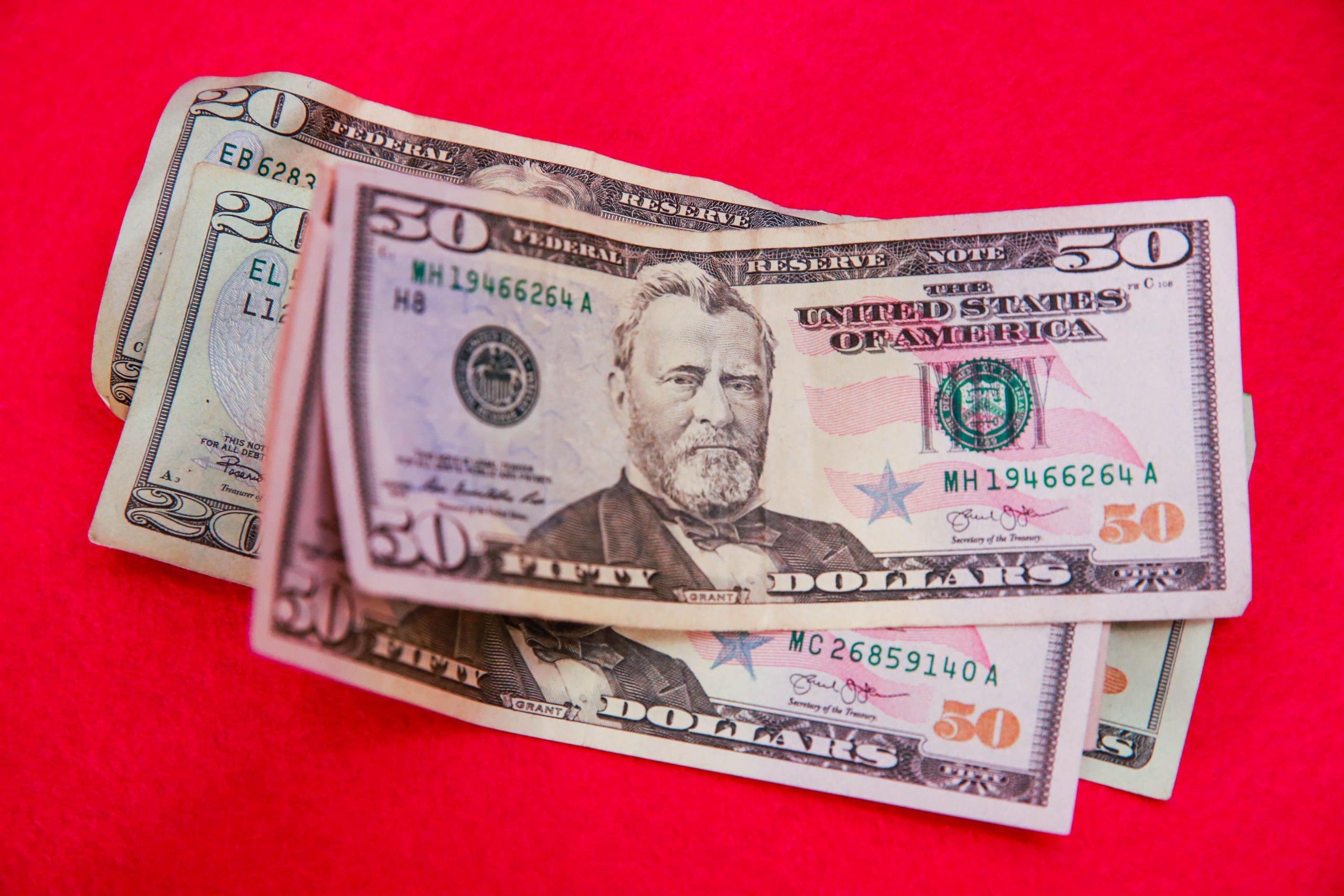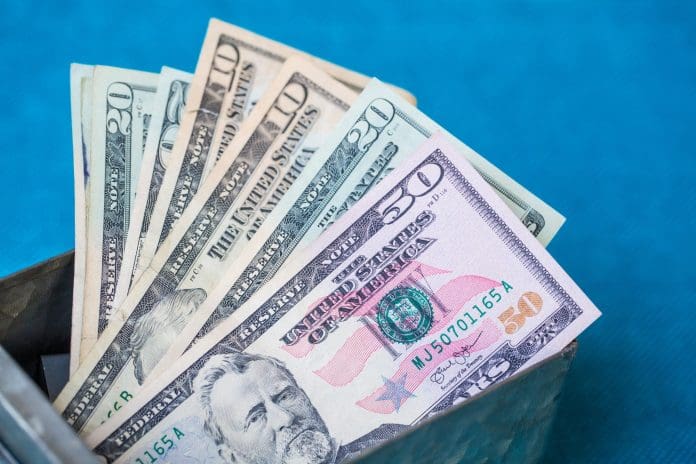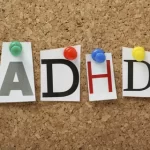The federal and state stimulus checks went out to millions in the past three years starting immediately after the pandemic crossed over into America in 2020. Starting within weeks of the shutdown initiated by the pandemic, the federal administration scrambled to contain the pandemic while trying to ensure that people did not starve, go homeless, or default on their tax and other credit payments.
But the pressures to send out billions to a large section of the population comprising various demographic groups led to errors. The IRS and the Treasury were guided by the need to send out the maximum number of stimulus checks to low and moderate-income groups to prevent large-scale starvation, homelessness, and credit defaults.
The federal administration succeeded admirably to a large extent in this task. Within weeks of the shutdown being declared after the pandemic crossed over into the US, Americans in their millions found themselves without a single source of income.

Most low and moderate-income citizens in America mostly live paycheck-to-paycheck. The stoppage of the income for just one month upset their economic planning and they were totally at a loss to compensate for this forfeiture of income.
The three rounds of stimulus checks changed their lives for the better, for many their condition was even better than they managed during normal times. for the first time, a large section of Americans succeeded in putting food on the table, paying their utility bills, and ensuring that they did not end up on the roads, unable to pay their home rent or their housing loan installment.
The federal administration injected huge sums, close to a trillion dollars in direct stimulus checks, and more through direct payments to businesses, other organizations such as hospitals and educational institutions, and also to state, local, and tribal bodies. The direct and indirect distribution of such huge sums of money had a twin effect of both helping out the people who needed the money the most, and also giving a huge boost to revive the economy. The introduction of such huge amounts of money succeeded in preventing another recurrence of the Great Depression of a decade ago in 2007-09.
For the first time, despite not having a steady source of income for months, most Americans had sufficient money in hand to tide over the difficult period during and immediately after the pandemic.
The stimulus check amount from the economic impact payments not only ensured that people had enough to survive the difficult months of the pandemic, but they also had enough to invest for the future, and also spend on items that they would scarcely consider buying during normal times.
Thousands Of Stimulus Check Went To People Who Did Not Need Them
This sudden flare-up in spending on goods that people would barely consider buying in normal times ensured that the economy received just the right boost to tide over the inevitable recession that was to follow the pandemic.
But there were also accusations that the money had fallen into the wrong hands in many cases. This was both inevitable and understandable. Around 127 million households and individuals received the $1,400 stimulus check under the third round of the stimulus checks under the American Rescue Plan Act.
Some of the payments included Americans who did not need the cash. While the Rescue Plan cut off payments for adults earning over $80,000 for individuals and $160,000 for married couples filing jointly.
But many experts believe that even the figure is too high. But others say they are sound policy measures for the limits in the $1.9 trillion Covid Rebate Relief.
Washington issued the payments to people who in the normal sense did not deserve the money. Millions continue to struggle to receive the payments, and they largely comprise people who are finding it trouble to get through the bureaucratic tangle created by the people who were unwilling to even take up the case. It boils down to those who continue to struggle should get the payments. And those who have received or are better off should not.


In a way, it is impossible to be fair when one is dealing with sending out money on a national scale. The whole exercise was based on income tax Adjusted gross Income. But such tax-return data cannot capture rapid shifts in household circumstances, according to experts.
But then income thresholds are the best way to target to alleviate economic want and also deliver aid, according to Shai Akabas, the Bipartisan Policy Center economic policy director.
Targeting The Third Stimulus Check For Being Extravagant
The Rescue Plan sent out up to $1,400 in stimulus checks to single adults with an Adjusted Gross Income of $75,000 or less. Partial checks went to people earning between $75,000 and $80,000. For married couples the threshold is double.
Families also get paid more for dependents. For a family of four, the total amount of the stimulus check comes to $5,600. Opponents of the third economic impact payment believe that the income caps should have been much lower. A section of moderate Republican senators proposed agreeing on $40,000 as a cutoff for the full amount of the third stimulus check.
This was because job loss was concentrated among low-paid workers. Thus, higher earners who received the stimulus check tend to have a job and wage income in this instance, according to government data.
Then there were anomalies in payment that were subsequently corrected in rare cases. One such case was the cancellation of $192,000 in tornado relief stimulus checks after it was discovered that it reached the wrong people.
The money was paid out from donations collected by the Tornado Relief Fund of western Kentucky. Gov. Andy Beshear has said that the office will ensure that every dollar sent out wrongfully will be recovered.
Allison Ball, the Kentucky Treasurer said that he was concerned at the way the governor handled the Tornado Relief Fund. He alleged that it continued to operate outside the natural process of government and lacks transparency and oversight.
Ball said that the office had been forced to cancel close to $192,000 in payments that the administration erroneously sent out to individuals who were not impacted by the tornado.






